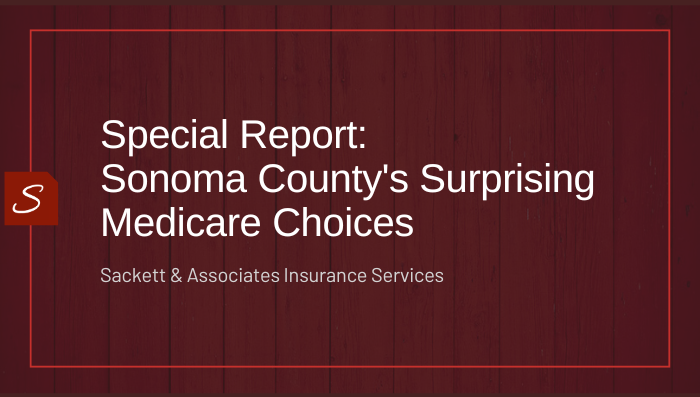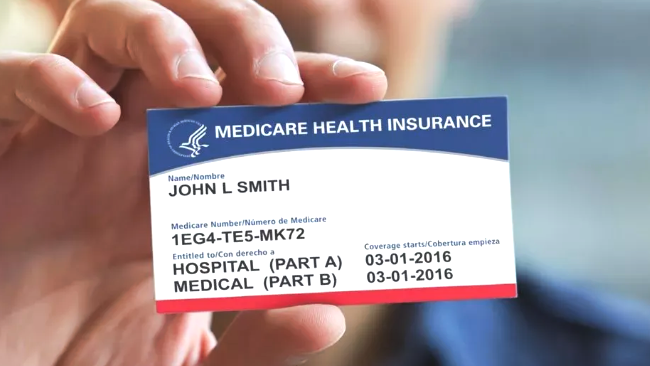Share This Post
A Plan for Understanding Medicare Costs
Most Americans become eligible for Medicare at age 65. Before enrolling, you should begin planning for Medicare expenses. To do this, you must understand how Medicare works and what your costs will be.
1. Medicare Has Four Parts
Medicare consists of four parts.
Part A: Hospital Insurance
Part A is the first part of the plan known as Original Medicare. Most people do not pay any premiums for this part. It covers hospital stays, short-term nursing home care, home health care and hospice.
Part B: Medical Services
Part B is the second part of Original Medicare. It covers outpatient doctor visits and tests.
If you receive social security, railroad retirement benefits or civil service retirement benefits, your premium for Part B is automatically deducted from your benefit payment. Otherwise, you will be billed for Part B.
Part C: Medicare Advantage
Part C is offered through private health insurance brokers. It includes the same coverage as Original Medicare along with some additional coverage.
Extra benefits vary depending on the plan but may include services such as:
- Dental
- Hearing
- Vision
- Adult daycare
- Wellness programs
The government will pay a fixed amount toward your Medicare Advantage plan, but you will likely pay a monthly premium as well. Premiums and copays are set by the carrier.
Part D: Prescription Drug Coverage
Like Medicare Advantage, Part D is offered through private insurance companies. If you have Part A and Part B, you are eligible to enroll in Part D, which covers prescription drugs.
2. There Are Penalties for Late Enrollment
If you do not enroll in Medicare when you first become eligible, your premium may increase. The penalties are different for each part.
Part A
Many people do not pay premiums at all for Part A. However, if you do pay a premium and you don't enroll when you first become eligible, your premium may increase by 10%.
For every year you delay enrollment, you pay increased premiums for two years. For example, if you enroll three years after becoming eligible, your premium will increase by 10% for six years.
Part B
Part B penalties are active for as long as you have coverage. The late enrollment penalty consists of a 10% premium increase for every year you delay enrollment.
Only full 12-month periods count, so if you don't enroll for the first 18 months of your eligibility, you pay an extra 10%. If you don't enroll for 24 months, you pay an extra 20%.
Part D
While Part D is not mandatory, you may face a penalty for enrolling late. Like the Part B penalty, this penalty is permanent.
The penalty is based on the national average Part D premium. For every month without prescription drug coverage, you pay 1% of the average in addition to your normal premium. If you are unenrolled for 12 months, for example, you pay 12%. This amount is rounded up to the nearest ten cents.
3. You Can Avoid Penalties if You Have Creditable Coverage
If you intend to keep working after age 65, your current insurance plan may be creditable coverage. This means you can delay Medicare enrollment without penalties as long as you stay on your current plan.
To qualify as creditable coverage, your plan's coverage must match or exceed that of Medicare. If this is the case, you will receive a letter, known as the Notice of Creditable Coverage, each year.
4. Your Income Matters
If your modified adjusted gross income (MAGI) is above a certain amount, you may be subject to a surcharge called the income-related monthly adjusted amount (IRMAA). IRMAA is recalculated every year based on your tax return from two years prior.
If you have a life-changing event, such as a divorce, you may be able to request that your IRMAA payment be recalculated or removed. You must file your appeal with the SSA, and you must pay the IRMAA surcharge in the meantime.
5. You May Need To Pay More for Prescription Drugs
Medicare health plans often have higher coinsurance payments for prescription drugs than employer-sponsored plans, especially high-tier brand-name drugs. If you take medication, research the costs before enrolling in Medicare so you can plan for the expenses.
6. Taking Social Security Has Advantages and Disadvantages
You can start receiving Social Security at age 62. If you receive Social Security, you won't receive a bill for Medicare Part B, because it is deducted from your benefit payment.
However, there are drawbacks to taking Social Security before your full retirement age. This is between age 66 and 67, depending on when you were born. If you take Social Security before your full retirement age, your monthly benefit will be reduced. The longer you delay, the smaller the reduction will be, so it pays to wait.
If you're a bit confused by Medicare, you're not alone. Fortunately, there are health insurance brokers who specialize in Medicare and can help you understand your options. For more information on Medicare health plans, contact Sackett & Associates Insurance Services today.
Share This Post
Taking The Pain Out Of Health Insurance
We make it simple to find the right insurance plans for your needs
In just a few quick steps.





